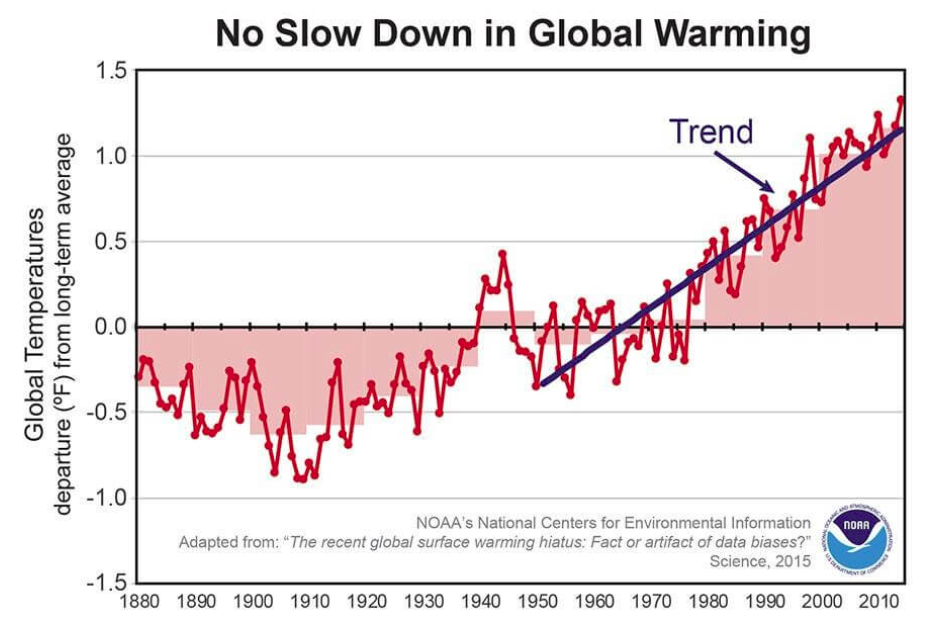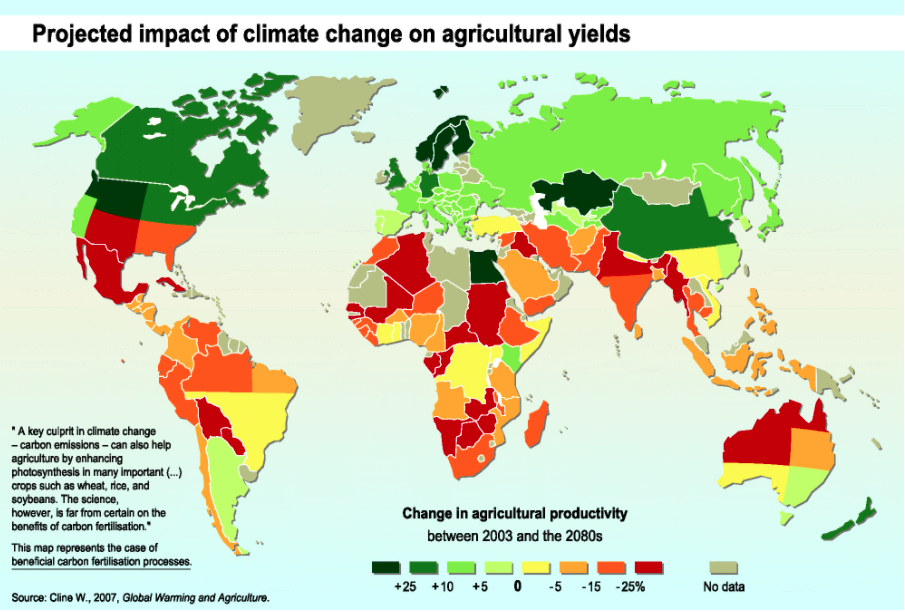Question Your World: Is Richmond Getting Warmer?
As the global climate changes, scientists are becoming more and more interested in how this will impact our day-to-day lives. Food, health, transportation, economics, and many other daily needs factor into this conversation. We've heard about the distant polar bears and ice sheets, but what about right here at home? Climate scientists just completed a pretty big study that involved Richmond, VA. Is Richmond getting warmer?
Richmond, VA ends up on a lot of lists! In fact, Forbes magazine recently designated Richmond one of the top 10 coolest cities in the USA. Scientists have also put Richmond, VA on a list, but it’s not for being the coolest - if anything, it’s for how it’s getting warmer and warmer here.
Climate scientists have been studying how global warming and climate change are impacting our seasons – and they’re also interested in what this means for our energy usage, agriculture, mosquito populations, and more. Recently, scientists examined weather records from 25 East Coast metropolitan regions with more than a million people. According to the research, on average, the seasons have moved around on the calendar since about 1950.

For example, temperatures that signal fall and winter have moved later into the year – meaning it doesn’t cool down as quickly as it used to, while the temperatures that signal spring and summer show up earlier in the year – meaning it gets hotter, sooner! These trends apply for the East coast cities in the study, but we’ve seen more and more of the same globally as well.
Let’s bring the focus right back to home though. How did our fair river city rank on this list? Richmond showed the largest change in wintertime arrival date of all the cities in the study – winter is about 3 days later every decade!
So, what does this mean? These changes can have a myriad of different impacts across many aspects of life, as we know it. A warming environment allows insects like mosquitos and gnats to have longer seasons to do their thing, including spreading diseases like Zika, Dengue, West Nile, and so on. Increasing amounts of hotter days means more air conditioning costs for many of us Virginians. This will impact our wallets as cooling costs get higher over time. Growing seasons are impacted by these temperature changes, which impact agricultural cycles as well.

Allergies, agriculture, and various other aspects of life will all be affected by these changing temperatures and situations. Scientists are encouraging Virginians to implement resiliency and sustainability practices into their lives to help the region brace for environmental changes and their day-to-day impacts. Remember folks, using science is the coolest thing we can do in these warming times.


